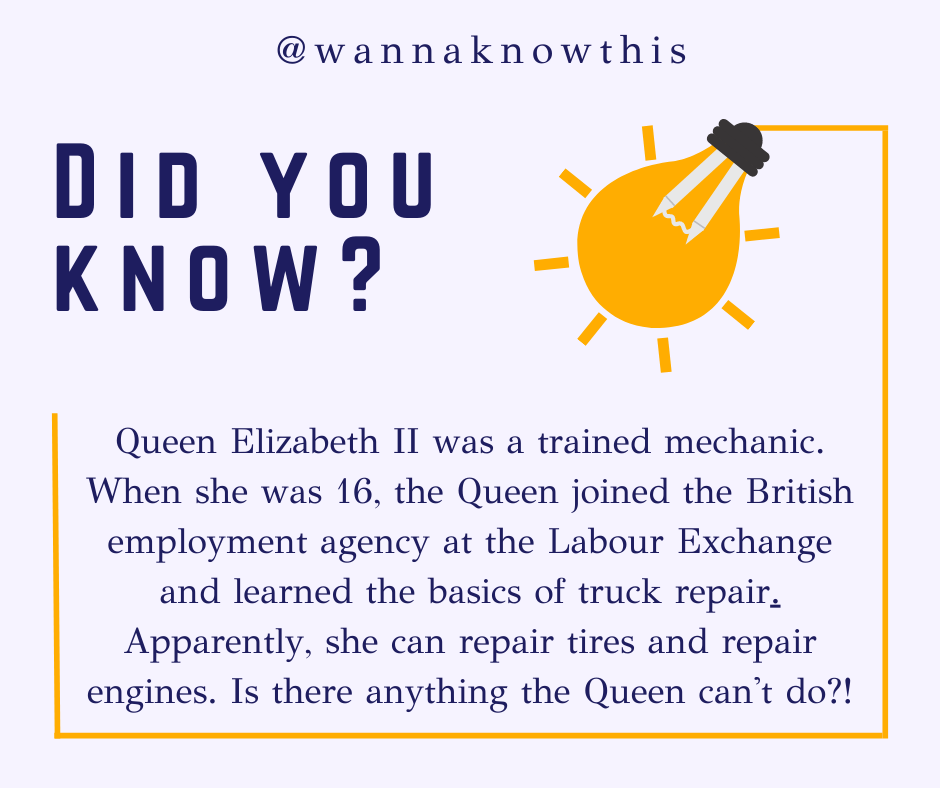Cryptocurrency is a type of digital or virtual currency that exists solely in electronic form. It utilizes cryptographic techniques to secure financial transactions, control the creation of new units, and verify the transfer of assets. The term “cryptocurrency” is derived from the combination of “cryptography” and “currency”.
Table of Contents
Decentralization
Unlike traditional forms of money, such as banknotes or coins, cryptocurrencies are decentralized and not controlled by any central authority like a government or financial institution. Instead, they operate on decentralized networks known as blockchains. A blockchain is a distributed ledger that records all transactions across a network of computers or nodes. These nodes work together to maintain the integrity and security of the network.
The first and most well-known cryptocurrency is Bitcoin, introduced in 2009 by an individual or group using the pseudonym Satoshi Nakamoto. Bitcoin served as the prototype for subsequent cryptocurrencies and inspired the development of numerous alternative coins, commonly referred to as altcoins.
Cryptocurrencies are created through a process known as mining, which involves using computational power to solve complex mathematical problems. Mining serves two primary purposes: it validates and verifies transactions, and it introduces new units of the cryptocurrency into circulation. Some cryptocurrencies, like Bitcoin, have a limited supply, while others may have different issuance mechanisms.
Security
One of the key features of cryptocurrencies is their security. Transactions are secured using cryptographic algorithms that ensure the confidentiality, integrity, and authenticity of the information. This prevents unauthorized parties from tampering with or counterfeiting transactions.
Privacy
Another aspect of cryptocurrencies is their potential for privacy and pseudonymity. While transactions recorded on a blockchain are typically transparent and visible to all participants, the identities of the individuals involved may be concealed or pseudonymous. However, it’s important to note that not all cryptocurrencies provide the same level of privacy, and some newer ones incorporate additional privacy features.
Other Advantages
Cryptocurrencies offer several potential advantages over traditional financial systems. These include:
- Accessibility: Cryptocurrencies are accessible to anyone with an internet connection, enabling financial inclusion for individuals who may not have access to traditional banking services.
- Global Transactions: Cryptocurrencies facilitate fast and relatively low-cost cross-border transactions without the need for intermediaries, such as banks or payment processors.
- Security and Fraud Prevention: Cryptographic techniques and decentralized networks make cryptocurrencies resistant to fraud, hacking, and tampering. Transactions recorded on a blockchain are difficult to alter, providing a high level of security.
- Potential for Innovation: The underlying technology behind cryptocurrencies, blockchain, has the potential to revolutionize various industries beyond finance. Smart contracts, decentralized applications (DApps), and tokenization of assets are some examples of innovative applications enabled by cryptocurrencies.

Risks and Challenges
However, it’s essential to consider the risks and challenges associated with cryptocurrencies:
- Volatility: Cryptocurrency prices can be highly volatile, experiencing significant fluctuations in short periods. This volatility can lead to substantial gains or losses for investors.
- Regulatory Uncertainty: The regulatory landscape for cryptocurrencies is still evolving, with different countries and jurisdictions implementing varying rules and regulations. Regulatory changes can impact the acceptance, use, and value of cryptocurrencies.
- Security Concerns: While cryptocurrencies themselves are secure, the exchanges and wallets used to store and trade them can be vulnerable to hacking or technical vulnerabilities. It’s crucial to adopt robust security practices and use reputable platforms.
- Market Manipulation and Scams: Cryptocurrency markets are susceptible to manipulation, including pump-and-dump schemes and fraudulent Initial Coin Offerings (ICOs). Investors should exercise caution and conduct thorough research before participating in any investment opportunities.
- Technical Complexity: Engaging with cryptocurrencies requires a certain level of technical understanding, such as managing private keys, wallets, and transaction fees. Users need to educate themselves and take appropriate security measures to safeguard their funds.
Cryptocurrencies have garnered significant attention and adoption, but they are still a relatively new and rapidly evolving field. As with any investment or financial tool, it’s essential to assess the risks, understand the technology and its limitations, and make informed decisions based on individual circumstances and risk tolerance.
Cryptocurrencies
Here are some of the most famous and widely known cryptocurrencies:
- Bitcoin (BTC): Bitcoin is the first and most well-known cryptocurrency, introduced in 2009. It operates on a decentralized blockchain and is often referred to as digital gold. Bitcoin has the largest market capitalization and has been influential in shaping the entire cryptocurrency industry.
- Ethereum (ETH): Ethereum is a decentralized blockchain platform that introduced smart contracts and enabled the development of decentralized applications (DApps). Its native cryptocurrency, Ether, is used to power transactions and computational operations within the Ethereum network.
- Binance Coin (BNB): Binance Coin is the native cryptocurrency of the Binance exchange, one of the largest cryptocurrency exchanges globally. BNB is used to pay for transaction fees on the Binance platform, participate in token sales, and access various services within the Binance ecosystem.
- Ripple (XRP): Ripple is both a cryptocurrency (XRP) and a payment protocol that facilitates fast and low-cost international money transfers. Ripple aims to provide a solution for cross-border transactions and has partnered with numerous financial institutions.
- Cardano (ADA): Cardano is a blockchain platform that aims to provide a secure and scalable infrastructure for the development of decentralized applications and smart contracts. Its cryptocurrency, ADA, is used for transactions and staking within the Cardano network.
- Litecoin (LTC): Created in 2011, Litecoin is often considered the silver to Bitcoin’s gold. It was one of the earliest cryptocurrencies to adopt the Bitcoin core technology with some modifications, including faster block generation times and a different hashing algorithm.
- Polkadot (DOT): Polkadot is a multi-chain platform that allows different blockchains to interoperate and share information. It aims to provide scalability, security, and innovation by connecting multiple specialized blockchains into a unified network. DOT is the native cryptocurrency of the Polkadot ecosystem.
- Bitcoin Cash (BCH): Bitcoin Cash is a cryptocurrency that emerged as a result of a hard fork from the original Bitcoin blockchain. It aims to improve transaction scalability and speed by increasing block size. Bitcoin Cash retains many similarities to Bitcoin in terms of its technology and use case.
Please note that the cryptocurrency landscape is highly dynamic, and new projects can emerge while existing ones may experience changes in popularity. Additionally, the relative fame and recognition of cryptocurrencies may vary over time and across different regions. It’s important to conduct thorough research and exercise caution when engaging with any cryptocurrency.

Cryptocurrency Exchanges
Here are some of the most famous and widely used cryptocurrency exchanges:
- Binance: Binance is one of the largest and most popular cryptocurrency exchanges globally. It offers a wide range of cryptocurrencies for trading and provides various trading features, including spot trading, futures trading, margin trading, and more.
- Coinbase: Coinbase is a widely recognized cryptocurrency exchange that provides a user-friendly platform for buying, selling, and storing cryptocurrencies. It supports several popular cryptocurrencies and is known for its robust security measures.
- Kraken: Kraken is a reputable cryptocurrency exchange that offers a range of trading options and services. It provides advanced trading features, including margin trading and futures contracts, and has a strong focus on security and regulatory compliance.
- Bitfinex: Bitfinex is a cryptocurrency exchange known for its advanced trading features, including margin trading and lending services. It offers a wide range of cryptocurrencies and trading pairs.
- Huobi: Huobi is a prominent cryptocurrency exchange based in China. It offers various trading services, including spot trading, futures trading, and options trading. Huobi has a global presence and serves users from multiple countries.
- KuCoin: KuCoin is a cryptocurrency exchange known for its wide range of listed cryptocurrencies and trading pairs. It provides a user-friendly platform and offers features such as spot trading, futures trading, and staking services.
- OKEx: OKEx is a cryptocurrency exchange that offers a comprehensive range of trading services, including spot trading, futures trading, options trading, and decentralized finance (DeFi) services. It supports a large number of cryptocurrencies.
- Gemini: Gemini is a regulated cryptocurrency exchange based in the United States. It provides a secure platform for buying, selling, and storing cryptocurrencies. Gemini is known for its focus on compliance and regulatory standards.
It’s important to note that the cryptocurrency exchange landscape is dynamic, and the popularity of exchanges can change over time. Additionally, availability and regulations may vary depending on your location. When choosing a cryptocurrency exchange, consider factors such as security measures, supported cryptocurrencies, trading features, fees, user experience, and regulatory compliance. Conduct thorough research and ensure that the exchange you choose meets your specific requirements.
Read more posts in Business.



















Hello everybody, here every one is sharing such know-how, therefore it’s good to read this web site, and I used to pay a quick visit this website all the time.
Amazing blog! Is your theme custom made or did you download it from somewhere?
A theme like yours with a few simple tweeks would really make
my blog shine. Please let me know where you got
your theme. Appreciate it